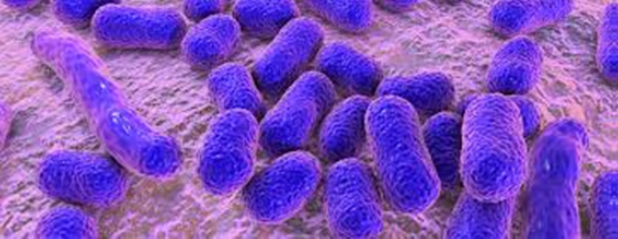The world is still catching its breath after the COVID-19 pandemic caused by the coronavirus. But behind the scenes, a far more silent threat is looming superbugs. These drug-resistant microbes don’t make headlines daily, but they’re quietly evolving and waiting for the right moment to strike. If left unchecked, they could trigger a health crisis even more devastating than a viral pandemic.
An old friend, now a new enemy: Acinetobacter baumannii

Acinetobacter baumannii, a bacterium that seemed relatively harmless since its discovery in 1911, has become one of the most feared superbugs in modern hospitals nowadays. A. baumanii is commonly found in healthcare settings, especially in ICUs and mainly affects those with weakened immune systems, ventilated patients or individuals with open wounds.
Building the resistance – becoming the superbugs

A. baumannii was once easy to treat, but since the 1970s, it has quickly evolved to resist nearly all major antibiotics. A nationwide study in 43 Malaysian hospitals from 2017 to 2021 found that A. baumannii is becoming more resistant to all seven antibiotics tested including Carbapenem, showing a worrying upward trend in drug resistance. Carbapenem-Resistant Acinetobacter baumannii (CRAB) is becoming a global threat, especially in hospitals, with ICU mortality rates up to 50%. Widespread across Asia, the Americas, and beyond, it’s classified by WHO as a critical priority due to its resistance to last-resort antibiotics.
How does Acinetobacter baumannii survive in hospitals?

Hospitals work hard to follow strict hygiene protocols, but A. baumannii still manages to survive and persist. This is due to several factors:
Superbug isn’t just a scientific issue — it’s a human one.
At Biorism, we’re taking action now. We’re developing innovative hygiene solutions through our Sil2U technology, which delivers long-lasting antimicrobial protection on fabrics and surfaces. Alongside this, we’re enhancing MDRO surveillance and raising public awareness, all in a committed effort to protect lives before the window to fight back closes.
Let’s act now, together.
The article is prepared by Biorism Scientist, Dr. Woon JJ, (PhD in Microbiology).
References: